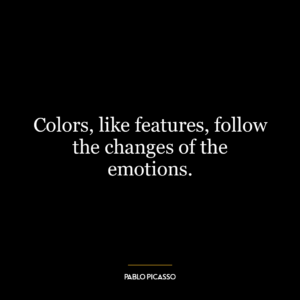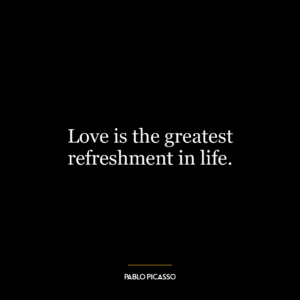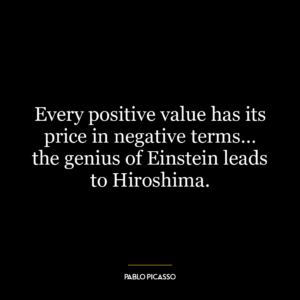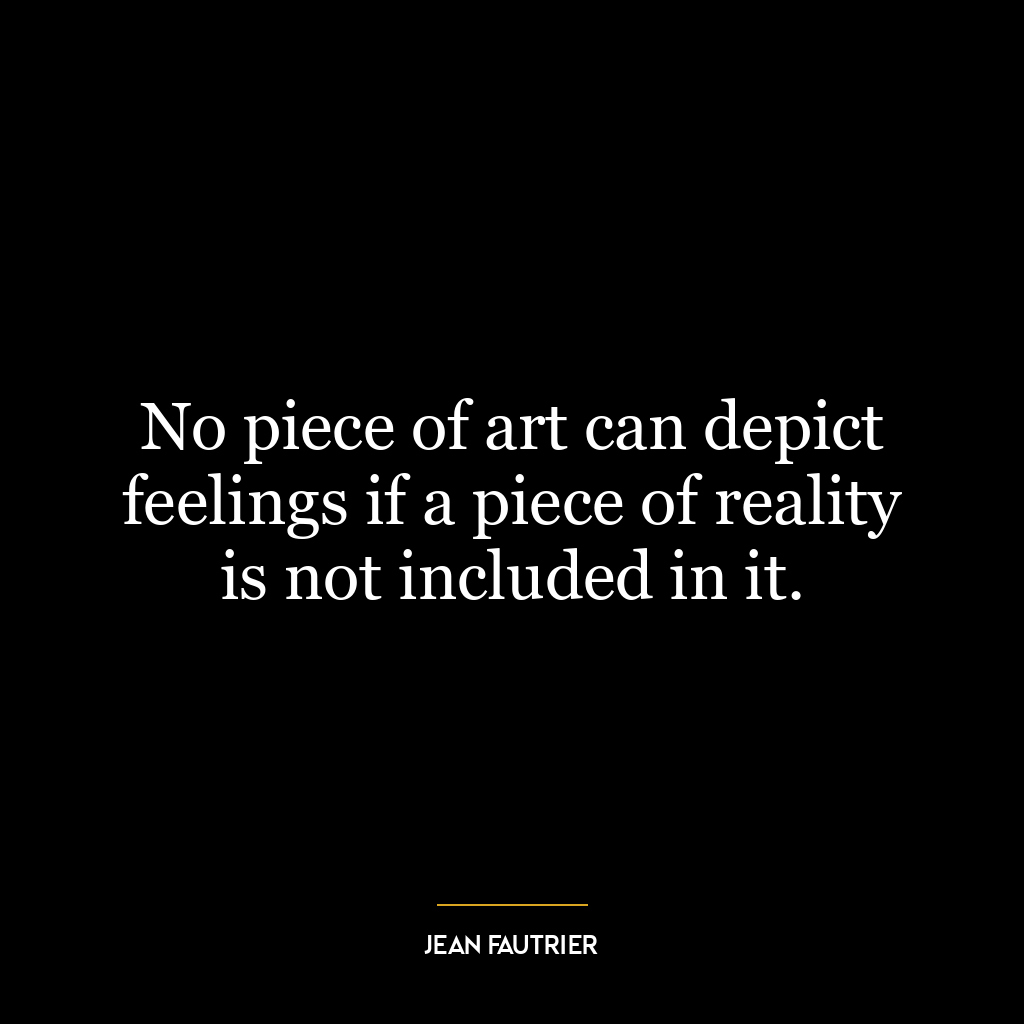This quote suggests that art, in all its forms, is not a literal representation of reality, but a fabrication or "lie" that, paradoxically, can help us understand and appreciate the truth more deeply. It implies that art allows us to see beyond the surface, to the underlying truths that might not be immediately apparent in our everyday lives.
Art, in this context, is a medium that distorts reality in order to highlight, exaggerate, or illuminate certain aspects of it. Just as a caricature exaggerates certain features to make a point, art can distort reality to help us see things in a new light, revealing truths that we might have overlooked or not understood.
This idea is not only applicable to the world of art but also to our personal development and understanding of the world around us. Just as art can distort reality to reveal truth, we can also challenge our own perceptions and beliefs, ‘distorting’ them in order to gain a deeper understanding of ourselves and the world.
In today’s world, we are constantly bombarded with information and perspectives that can be overwhelming. Art, in its various forms, can offer a respite from this overload, allowing us to see things from a different perspective, to question our assumptions, and to understand complex issues in a new light.
In terms of personal development, this quote encourages us to embrace different perspectives and to be open to new ways of understanding. It suggests that by stepping out of our comfort zones and challenging our preconceived notions, we can gain a deeper understanding of ourselves and the world around us.
In conclusion, Picasso’s quote is a call to embrace the power of art and perspective in our quest for truth and understanding. It serves as a reminder that truth is not always found in the literal or obvious, but often in the distorted, the exaggerated, and the abstract.












